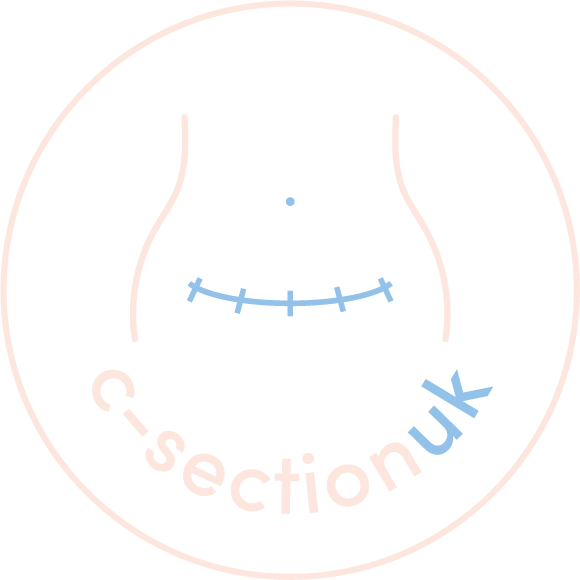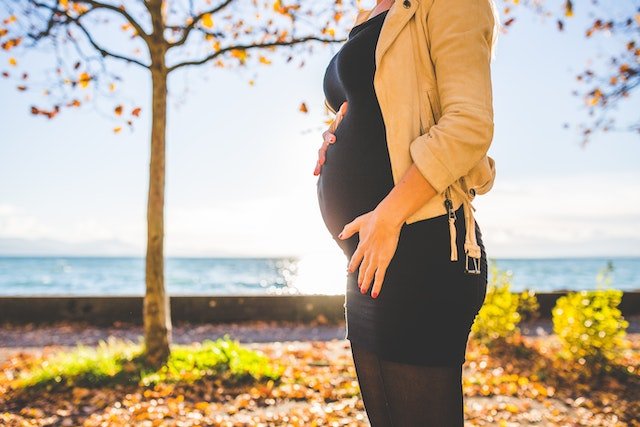Hair Loss And Pregnancy: What To Expect & Tips To Recover
Experiencing hair loss during pregnancy and after childbirth can be a surprising and distressing experience for many.
In this blog, we will explore what to expect with pregnancy-related hair loss, why it occurs, how long it lasts, and provide tips for recovery and prevention.
We've got you.
What to expect with pregnancy hair loss?
Many women notice a significant increase in hair thickness and volume during pregnancy. Many enjoy having more luscious locks, while others see increased hair shedding, resulting in thinner hair.
Is it normal to have hair loss during pregnancy?
Yes, experiencing hair loss during pregnancy can be expected for some women during pregnancy.
Why does hair loss during pregnancy occur?
Hair thinning and shedding in women can be caused by the stress or shock of hormonal changes in pregnancy, sometimes leading to a condition known as telogen effluvium.
This condition, which affects a small number of women during pregnancy, is characterised by increased hairs entering the resting phase of the hair life cycle. As a result, instead of the usual 100 hairs lost per day, you may experience the loss of 300 hairs daily.
Typically, hair grows in cycles, so for many women, increased oestrogen levels during pregnancy, can prolong the growth phase of hair follicles, resulting in thicker and fuller hair.
Other causes of hair loss in pregnancy
It is essential to consider other medical conditions that may cause hair loss, including:
Iron deficiency
This means the red blood cells which carry oxygen to all the cells in your body are reduced. Symptoms include thinning hair, pale skin, shortness of breath, increased heart rate and dizzy spells.
Pregnant women are at risk of iron deficiency anaemia, which can be detected following routine blood tests and treated with iron supplements. Please note that hair loss should subside when iron levels return to normal. However, this may take a few months.
Thyroid issues
Your thyroid function can be measured in a blood test, too. Usually, hair loss is more common in hypothyroidism than in hyperthyroidism.
Chatting with your healthcare provider about thyroid blood tests if you experience symptoms such as muscle cramps, constipation, or exhaustion is essential. But show me a pregnant person who isn't exhausted, am I right?
How long does pregnancy hair loss last?
Hair loss may take two to four months to become noticeable, typically resolving within six months and does not usually result in permanent hair loss.
How can I treat pregnancy hair loss?
While hair loss is a natural process, there are steps you can take to support hair health and encourage regrowth. Here are some top tips:
1. Eat a balanced diet
Include nutrients like fruits, vegetables, lean proteins, and whole grains to provide essential vitamins and minerals for hair growth.
2. Gentle hair care
Avoid harsh styling products, tight hairstyles, and excessive heat styling. Be gentle while brushing or combing to minimise hair breakage.
3. Scalp massage
Regularly massaging your scalp can stimulate blood circulation and promote hair growth. Use your fingertips to massage your scalp in circular motions gently.
4. Consider supplements
Consult with your healthcare provider about supplements that may support hair health, such as biotin or prenatal vitamins.
Can pregnancy hair loss be prevented?
Unfortunately, pregnancy-related hair loss cannot be entirely prevented as it is a natural part of the hair growth cycle. Maintaining a healthy lifestyle, managing stress levels, and following our top tips can help minimise the impact and promote healthy hair growth.
Postpartum hair loss
Postpartum hair loss, also known as postnatal hair loss, is a temporary condition that occurs after giving birth. It results from hormonal changes and usually resolves independently within a year.
Understanding that this shedding is a normal part of the postpartum journey can provide reassurance during this temporary phase.
Tips for Recovery
Here are our four steps to recovery:
Be patient
Remember that postpartum hair loss is temporary, and your hair will regain its average density over time.
Use hairstyling tricks
Experiment with different hairstyles or haircuts that can create the appearance of fuller hair, such as layers or volumizing products.
Consult a professional
If you're concerned about hair loss or have specific questions, consider consulting a dermatologist or trichologist for personalised advice and treatment options.
Prioritise self-care and stress management
Taking care of your overall well-being can indirectly benefit your hair health. Prioritise self-care activities, manage stress levels and get enough rest.
Experiencing hair loss during and after pregnancy is common for many women. Understanding the causes, duration, and available tips for recovery can provide reassurance and support during this temporary phase.
Be reassured that your hair will regain its pre-pregnancy vitality with time and proper care.
Written By: Midwife Laura

